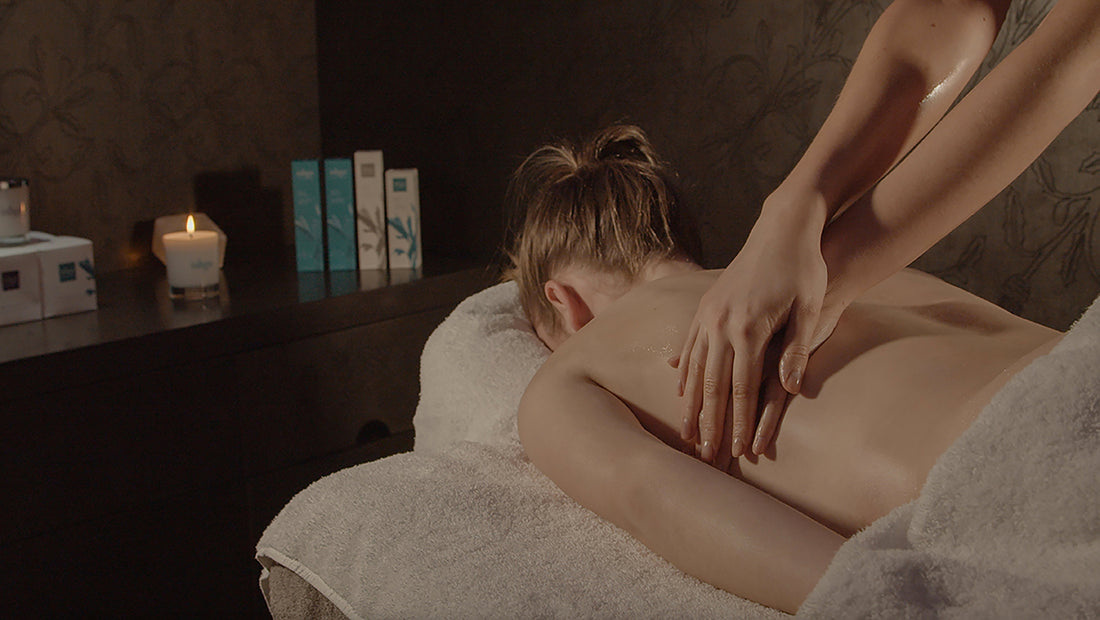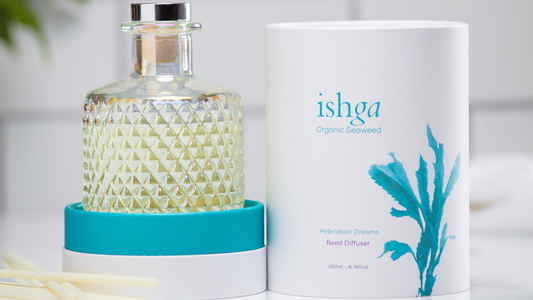
What happens to your body when you get a massage?
Share
There is no doubting the relaxing and restorative benefits that come with getting a massage. But what happens to your body while you are getting one? We look at the mental and physical benefits of enjoying a massage and discover how important they are for self care.
Skin
Your skin is filled with multiple nerve endings, sensors and capillaries. When your skin is touched, these sensors send signals to your brain and help you to feel relaxed. As your nerve cells are being stimulated by the massage your brain will also release endorphins (hormones that improve mood and wellbeing). Blood flow increases as your capillaries dilate and this can speed up the exchange at the cellular level within the skin, which can be beneficial for skin elasticity and nourishment.
Muscular System
Massage can help to relieve muscle tension and reduce tightness. While the muscles are being massaged any scar tissue and adhesions surrounding the muscles are broken down as the skin is rubbed and manipulated. Sensory signals are sent to central nervous system, and this causes a reduction in tension and an increase in feeling relaxed.
Lymphatic System
Massage helps aid the flow of the fluid (called the lymph) in your lymphatic system. This fluid helps to transport white blood cells around your body. These cells form part of your immune system, which helps to protect you from infection. The massage will help your lymphatic system to remove any accumulated toxins and improve your immune systems response.
Circulatory System
While you are being massaged, the pressure increases the blood supply travelling around your body. This results in the cells bringing fresh nutrients in, while at the same time encouraging waste to leave. This process helps to keep your body healthy.
Skeletal System
Reducing the tension in our muscles can also help to benefit our skeletal frames from better posture and mobility. It can be so easy to become hunched over at our desks, cars and in day-to-day life with our shoulders and back tight and bunched up. By relaxing our muscles, we can alleviate bad posture.
Neurological System
When massage is applied, nerves and sensor receptors send signals to the spinal cord which then sends messages to the parasympathetic nervous system, which is responsible for lowering heart rate and blood pressure, ultimately lowering stress levels.
Aftercare tips
- Keep hydrated and drink plenty of water – you need to replace lost fluids that have been released from your muscles during your massage.
- Avoid strenuous exercise or activities – If you are going to exercise keep it gentle, like walking or yoga.
- Relax – Try to book your massage at a time that allows you to spend some time reading, meditating, enjoying peace and quiet at home afterwards. Try not to rush back into a hectic schedule.
- Avoid caffeine and alcohol – Try to avoid drinking either for at least 12 hours after massage. Both are dehydrating and it won’t help your body remove the toxins that your massage has worked so hard to do!




